Table of Contents
Hypertension (high blood pressure) is notorious for being a silent killer. 170/101 blood pressure is considered high and poses many health threats. So, what complications can arise, and how may they manifest with hypertension? Who is at risk of having high blood pressure, and when should you visit your doctor?
We’ll go through all of these concerns in this article. Besides, we also provide some ways to help you manage the situation when you have high blood pressure at home. We also suggest some diets you should follow to manage hypertension in the long run.
171/101 blood pressure: Is it dangerous?
Blood pressure has two components: systolic, the higher number or top number, and diastolic, the bottom number. Systolic occurs when the heart contracts and pumps blood with force, while diastolic is the pressure during the resting phase between the heartbeats (1). Blood pressure is measured in millimeters of mercury or mm Hg.
If you get a reading of 171/101 mmHg on your blood pressure apparatus, it’s unsafe. This number indicates you are under the stage 2 hypertension. Normal blood pressure should be below 120/80 mmHg (2).
The American Hearts Association classifies blood pressure ranges as follows (3):
- Low blood pressure: <90/60 mmHg
- Normal: 90/60 mmHg to 120/80 mmHg
- Elevated blood pressure: Systolic 120-129 or Diastolic under 80 mm HgStage 1 Hypertension: Systolic 130-139 OR Diastolic 80-89 mmHg-89 mmHg
- Stage 2 hypertension: Systolic above 140mmHg or Diastolic above 90mmHg
But the question is: What will happen if your blood pressure reaches this high? Chronically increased high blood pressure can gradually damage the blood vessels. Blood vessels are responsible for delivering blood throughout the body. If they get damaged, every organ will be prone to damage (4). Here are some risks that can happen when you’re under stage 2 hypertension (1, 4):
- Heart attack: High blood pressure is a silent killer, especially since it can damage the blood vessels that supply blood to the heart. High blood pressure can damage vessel walls, making them more prone to developing clots. If these blood vessels get blocked by clots, it will lead to a heart attack.
- Chronic kidney disease: The kidneys have a great network of small blood vessels that are prone to damage by hypertension. Likewise, kidney damage can also lead to high blood pressure.
- Brain hemorrhage or clot: Long-term or chronic high blood pressure can cause clots forming in the blood vessels of the brain. A sudden increase in blood pressure can make blood vessels burst in the brain and cause hemorrhagic stroke.
- Heart failure: High blood pressure can cause extra strain on the heart that can eventually weaken the pumping ability of the heart, leading to heart failure or shock.
- Vascular dementia: Damaged blood vessels in the brain lead to memory problems — people lose their ability to manage their thoughts and emotions.
- Angina: A type of chest pain caused by damaged blood vessels, which reduce the blood flow to the heart. Angina often needs to be treated with medications.
- Sexual disorders: The penis is full of blood vessels, and its function depends on the blood flow. If the blood flow is disturbed, it will cause erectile dysfunction.
- Peripheral artery disease: High blood pressure can damage the blood vessels in limbs, which leads to cramps while walking, sometimes so severe that it may cause the death of the body’s tissues, which is called gangrene.
- Vision disturbance: Eyes have very small blood vessels that easily get damaged with increased blood pressure. In some cases, this leads to bleeding in the internal eye layer. It can lead to blurry vision and sometimes loss of vision.
If you don’t check your blood pressure regularly, it may be difficult to detect high blood pressure because it doesn’t always show any symptoms. These are some common signs of high blood pressure that you should pay attention to (5):
- Nausea
- Chest pain
- Shortness of breath
- Ringing in ears
- Headache
- Confusion
- Blurry vision
- Anxiety
- Lightheadedness
Certain lifestyle habits may make you more susceptible to hypertension. Here are some risk factors that may elevate your risk of high blood pressure (6):
- Be careful if you are obese or your body mass index (BMI) exceeds the reference ranges. The more weight you put on, the more you are at risk of hypertension.
- Your diet contains more fat and salt than fruits and vegetables
- You are living a sedentary lifestyle
- You are getting older. That is why, in the US, the American Preventive Services Task Force (USPSTF) recommends that everyone over 40 take screening tests at least once a year. The USPSTF recommends blood pressure screening for everyone over the age of 18.
- Family history
- Consuming too much alcohol or caffeine.
- Increased stress-taking behavior
- Tobacco or nicotine use
Summary
170/101 mmHg of pressure is not safe as it indicates that you are at stage 2 hypertension, which damages the blood vessels. If ignored for too long, it can result in heart attack, stroke, kidney problems, dementia, heart failure, peripheral artery disease, vision problems, and sexual dysfunction.
Chest pain, headaches, ringing in the ears, and nausea are common symptoms of abnormal blood pressure. You may be at risk of high blood pressure if you are obese, do not exercise, are under a lot of stress, eat fatty food, and have a family history of hypertension.
Should you visit your doctor?
If your blood pressure reading is 170/101 mmHg, you should promptly visit a doctor or healthcare provider. Not only is 170/101 mmHg considered high, but any reading above the normal range of 120/80 mmHg should be treated (8).
While checking blood pressure at home, here are a few things you should keep in mind:
- Choose the cuff size that best fits your arm size.
- Any abnormal readings should be confirmed by a doctor, not a home check.
- Sometimes, continuous at-home blood pressure monitoring, called ambulatory monitoring, is needed.
- A blood pressure cuff is placed on your arm and connected to a recorder to measure blood pressure throughout the day and night (8).
A blood pressure reading of 170/101 mmHg, if ignored, it can cause deadly complications such as heart attack, kidney disease, brain hemorrhage, aortic aneurysm, and other complications (1).
Following are the tests that your doctor may perform to assess the stage of your blood pressure and its complications (9):
- At least two office readings that are abnormal or ambulatory over six or 24 hours.
- After you have been diagnosed with hypertension, some other lab tests will be done to assess any complications. This may include renal function tests to look at kidney damage. Blood sugar levels help estimate cardiovascular risk from combined diabetes and hypertension.
- Cholesterol check: Lipid profile to combat the high levels so that they don’t cause additional damage to blood vessels with hypertension.
- Liver function tests (LFTs) and renal function tests (RFTs).
- An electrocardiogram (ECG) and, potentially, echocardiography are used in severe cases to see the damage of hypertension on the heart and manage blood pressure accordingly.
Lastly, your healthcare provider may advise you to keep track of your blood pressure daily after optimization with medications. Blood pressure management is a lifetime process, which may require adjustments occasionally. This also requires patients to provide detailed information about their daily blood pressure readings (9).
If you have a blood pressure reading of 170/100 mmHg or any reading above 120/8, you should visit a doctor. Blood pressure should be checked with appropriately sized arm cuffs before meals to avoid minor fluctuations due to eating. A doctor may perform additional tests such as LFTs, RFTs, urine tests, cholesterol checks, and ECG to assess the complications.
What should you do when your blood pressure level is 171/101?
Don’t panic; sometimes, getting such a high reading makes people anxious. You should try to keep calm because anxiety can turn on the fight and flight response in your body, causing the release of hormones that elevate blood pressure. Deep breathing induces changes in intrathoracic pressure and body reflexes in a way that decreases blood pressure. You should lie down and try to take deep breaths (10).
If you have hypertension and take medications to control your blood pressure but suddenly have a high reading, such as 170-180 mmHg systolic and above 100 mmHg diastolic pressure, you should call your doctor immediately and go to the hospital (11).
If blood pressure gets higher than 180/120 mmHg, it is a hypertensive crisis. In this situation, you should call 911 immediately.
Symptoms of hypertensive crisis include (12):
- Confusion
- Chest pain
- Severe headache; worst headache of life
- Seizures
- Unresponsiveness
- Blurred vision
The reason you experience sudden elevated blood pressure may be because you have untreated chronic hypertension. It is difficult to detect it unless you go through regular checkups. Some other reasons are as follows (12):
- Noncompliance with your medications
- Lack of adherence to your heart medications, e.g., beta-blockers
- Interaction with any other medicine that you may have started recently
- Undiagnosed underlying tumors, such as tumors of the adrenal gland
Calm yourself when you notice an increased blood pressure reading at home. You should call 911 immediately if the number is around 170-180/100-120 mmHg or if you have symptoms such as confusion, headache, or chest pain. You can do deep breathing exercises and take your prescribed medication while waiting for medical help. Noncompliance with medications or underlying adrenal tumors may cause such high blood pressure.
Preventions: Best diet to keep your blood pressure stable
Diet plays a major role in reducing blood pressure. Careful following a blood pressure-lowering diet can reduce blood pressure by up to 11 mmHg.
Following dietary changes can help keep the blood pressure in control (13,14,15):
DASH (Dietary Approaches to Stop Hypertension) diet
This diet helps not only hypertensive patients but also those with normal blood pressure. DASH diet is high in fruits, vegetables, and whole grains while low in dairy products, saturated fat, and cholesterol.
A simple rule is to eat less fatty food and reduce cholesterol intake.
Substituting carbs and fats with proteins
Doing this can help you equalize the calories and decrease the risk of hypertension. Special attention has been given to L-arginine — a smaller component of protein proven to be beneficial for hypertension (13).
DASH diet and sodium
A typical DASH diet recommends less than 2.3 grams of sodium for people without risk factors and even lesser amounts for people at risk of hypertension.
Mediterranean diet
This diet has a lot of similarities to the DASH diet. Still, it has more fat content, especially the mono-unsaturated fats derived from olive oil, nuts, and seeds.
Eating more fiber
American guidelines recommend people eat around 25-30 grams of fiber per day, which helps reduce cholesterol, improves heart health, and is helpful for hypertension. Unfortunately, in America and European countries, the average intake is almost 15 grams per day, which is much lower than recommendation.
Reducing alcohol and smoking
Smoking is the leading cause of all-cause mortality. Reducing smoking, as well as vaping and other e-cigarettes (anything that contains nicotine), can help control high blood pressure as well as heart diseases (18). The allowed amount of alcohol is less than one drink for women and less than two drinks for men, which will decrease at least four mmHg of blood pressure.
Increase magnesium intake
A typical Western diet is usually deficient in magnesium, an essential mineral in lowering blood pressure. Magnesium-rich foods are leafy vegetables, legumes, and nuts.
Diet can decrease blood pressure by 11mmHg. The DASH diet offers the ideal plan. Lowering fat and sodium intake is essential. Replacement of carbs and fats with proteins is beneficial for pressure.
Increased potassium and magnesium-containing foods with decreased smoking, nicotine patches, vaping, e-cigarettes, and alcohol play a role in decreasing blood pressure.
Should I go to the ER if my blood pressure is 170/100?
170/100 mmHg of pressure is under stage 2 hypertension (3). You should visit a doctor as soon as possible. If you have a known case of hypertension, take your medicine and call your doctor for an urgent appointment or ask if you should go to the emergency room. But if you have no previous history of hypertension or are experiencing symptoms (severe headache, chest pain, confusion) along with high reading. In that case, you should go to the emergency promptly (8, 12).
What does it mean if your blood pressure is 170 over 101?
What is an alarming diastolic number?
Diastolic blood pressure, which is the pressure during the resting state of the heartbeats, should be lower than 80 mmHg. Any number above this is abnormal, and you should consult with your doctor (1). However, when your diastolic pressure goes beyond 120 mmHg, it is a hypertensive crisis, and you should call 911 immediately (12).
How can I bring my blood pressure down quickly?
Summary
170/101 mmHg is not a safe blood pressure. If you ignore this condition for a long time, it can cause heart disorders, stroke, kidney problems, vision disturbance, and sexual dysfunction. Common symptoms of high pressure are chest pain, SOB, confusion, and headaches.
Lack of exercise, being obese, and poor food choices (excessive intake of fatty foods and sodium) will put you at risk of hypertension.
You should visit a doctor if you have elevated blood pressure readings. They will perform additional blood tests and urine tests to assess complications.
At home, you should try to deal with elevated blood pressure readings calmly by doing deep breathing exercises. Call 911 for help when pressures reach too high, such as 170-180/101-120 mmHg. Also, don’t forget to take your medications while awaiting medical help.
Dietary changes such as a DASH diet, low fats, low sodium, and high-fiber foods can decrease blood pressure in the long run.









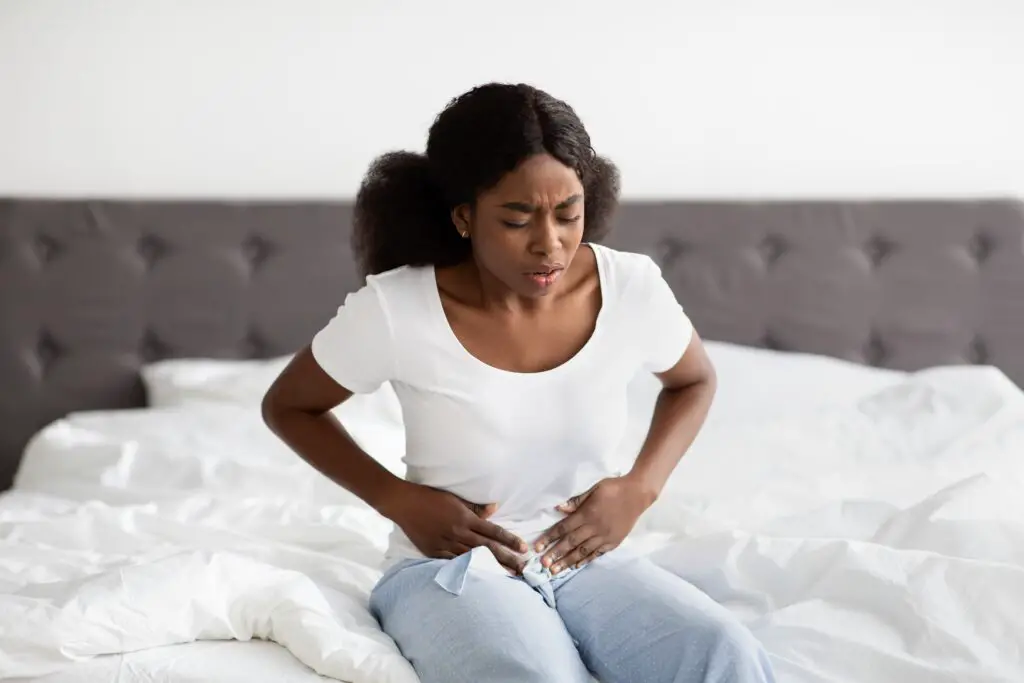
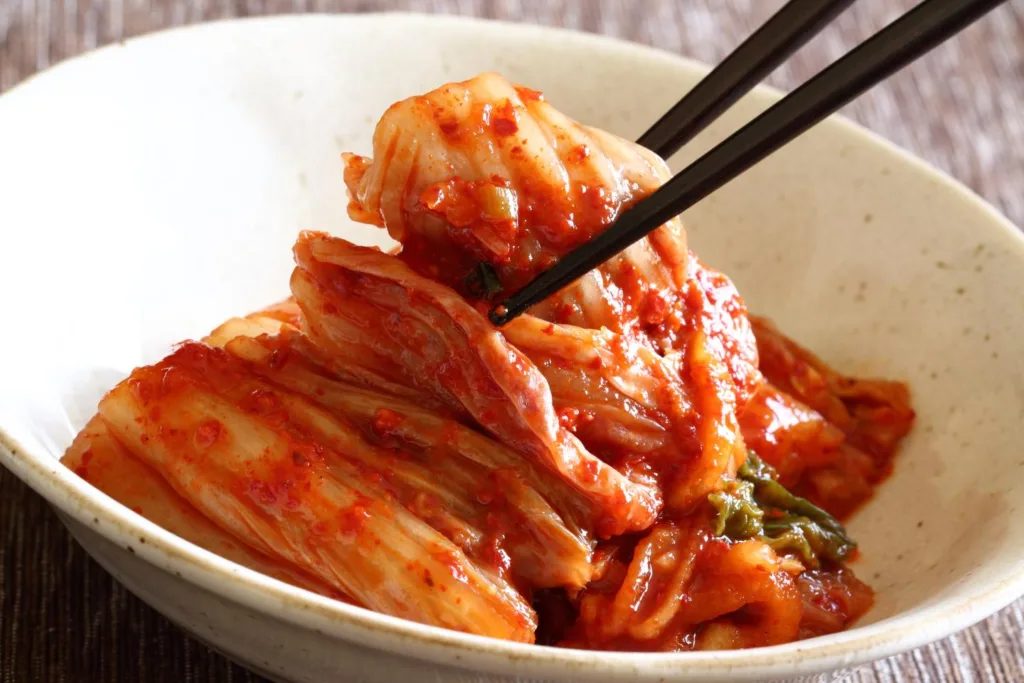
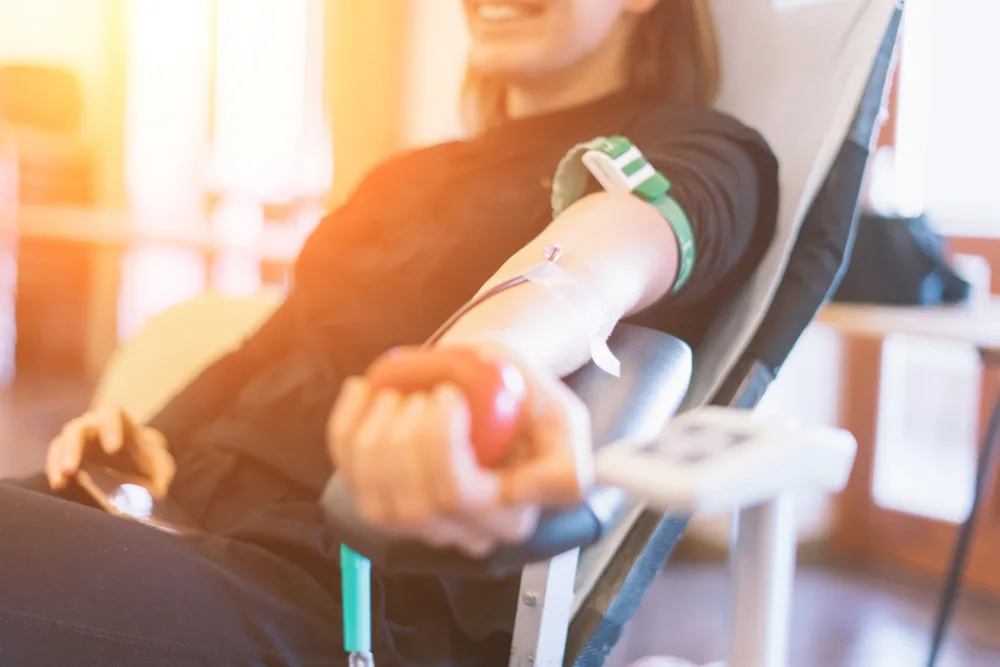

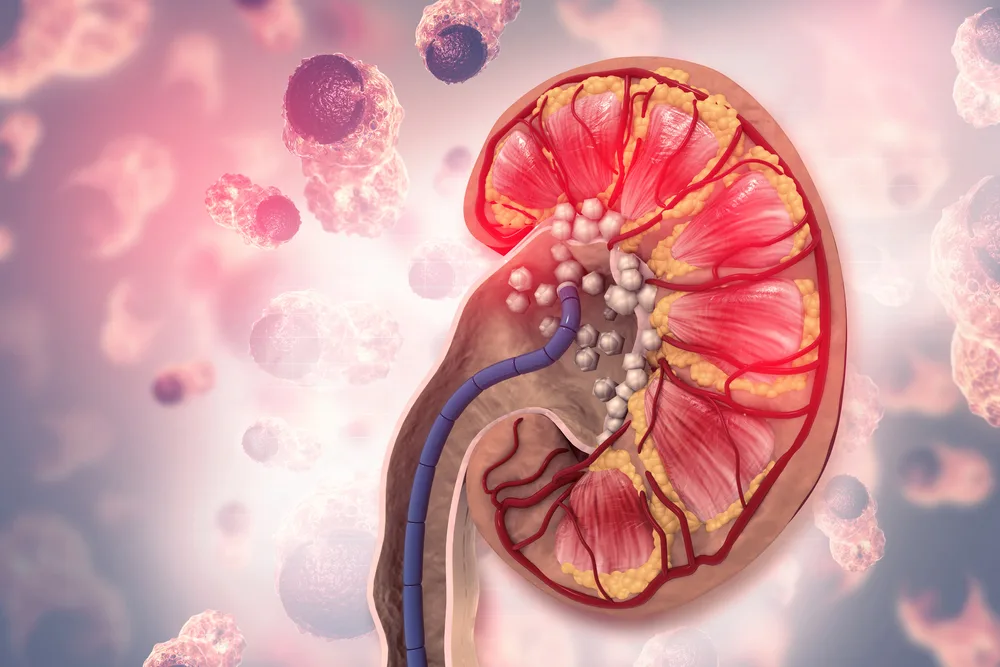
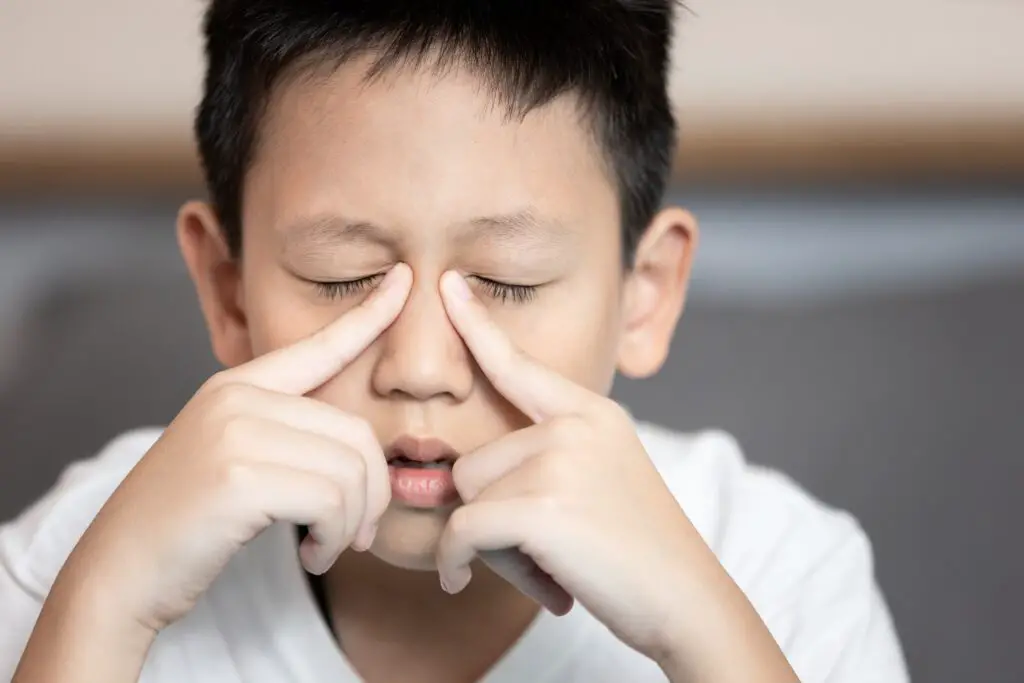
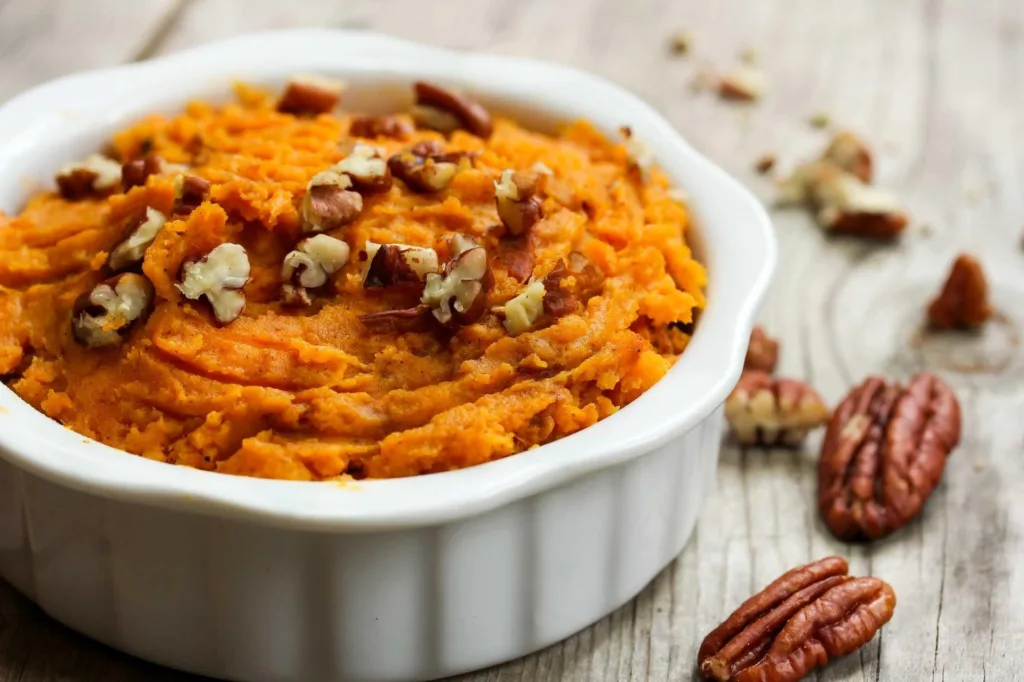

Comments
0